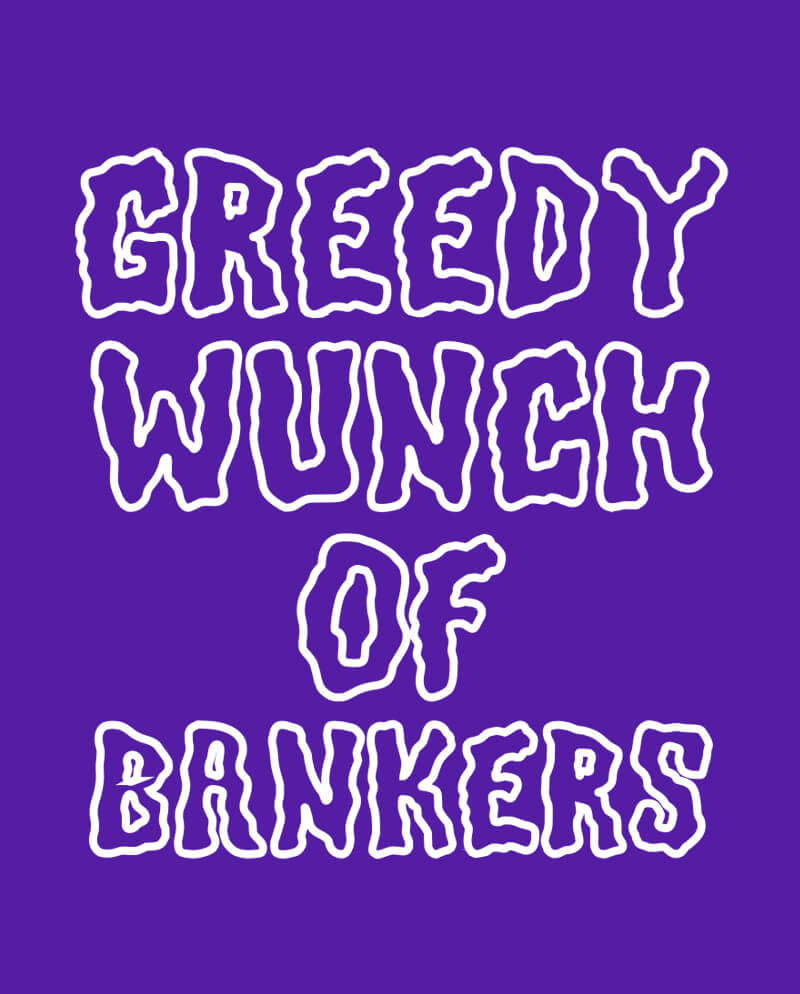Free market capitalism has been the dominant economic system for centuries, but it is facing increasing criticism in the 21st century. The economic inequalities it produces have become more pronounced, and the negative environmental and social externalities of unregulated markets are becoming clearer. Let’s examine why free market capitalism is not working in the 21st century, and the implications of this for the future.
Income Inequality
One of the primary reasons why free market capitalism is failing is the significant income inequality it creates. Studies have shown that wealth inequality has increased in many developed countries in recent decades, with a small number of people holding a disproportionate share of wealth. The top 1% of earners in the United States, for example, hold over 15 times the wealth of the bottom 50%. This inequality has been linked to the erosion of social cohesion and the increase in social and political polarization.
Environmental Degradation
Another reason why free market capitalism is failing is the environmental degradation it causes. Unregulated markets tend to prioritize economic growth over environmental sustainability, leading to the overuse of natural resources and the pollution of air, water, and soil. The resulting climate change and biodiversity loss pose significant risks to human health and wellbeing, as well as the global economy.
Short-Term Focus
Free market capitalism is also criticized for its short-term focus. The system rewards short-term profits over long-term sustainability, leading to a focus on short-term gains at the expense of investment in research and development, infrastructure, and human capital. This short-term focus contributes to a lack of innovation and reduces the ability of companies and societies to adapt to changing economic, social, and environmental conditions.
Political Capture
Finally, free market capitalism is criticized for allowing for political capture by powerful economic actors. When corporations and wealthy individuals have a significant influence on the political system, it can result in policies that benefit the few at the expense of the many. This can exacerbate income inequality, undermine democracy, and lead to social and political unrest.
Are we all f*cked? Implications for the future
If free market capitalism continues on its current trajectory, the implications could be significant. Income inequality could continue to worsen, leading to social unrest and political instability. Environmental degradation could result in significant risks to human health and the global economy. The short-term focus of free market capitalism could limit the ability of companies and societies to adapt to changing economic, social, and environmental conditions.
And political capture could undermine democracy and the legitimacy of governments.

So let’s get this straight. Free market capitalism is failing in the 21st century, with significant income inequality, environmental degradation, short-term focus, and political capture. If these trends continue, the consequences could be severe.
To avoid these outcomes, we need to rethink the role of the state in regulating markets, ensuring a fair distribution of wealth, and protecting the environment. We also need to promote long-term thinking and investment in research and development, infrastructure, and human capital. Finally, we need to ensure that our political systems are not captured by powerful economic actors, but instead are accountable to the people they serve.





















